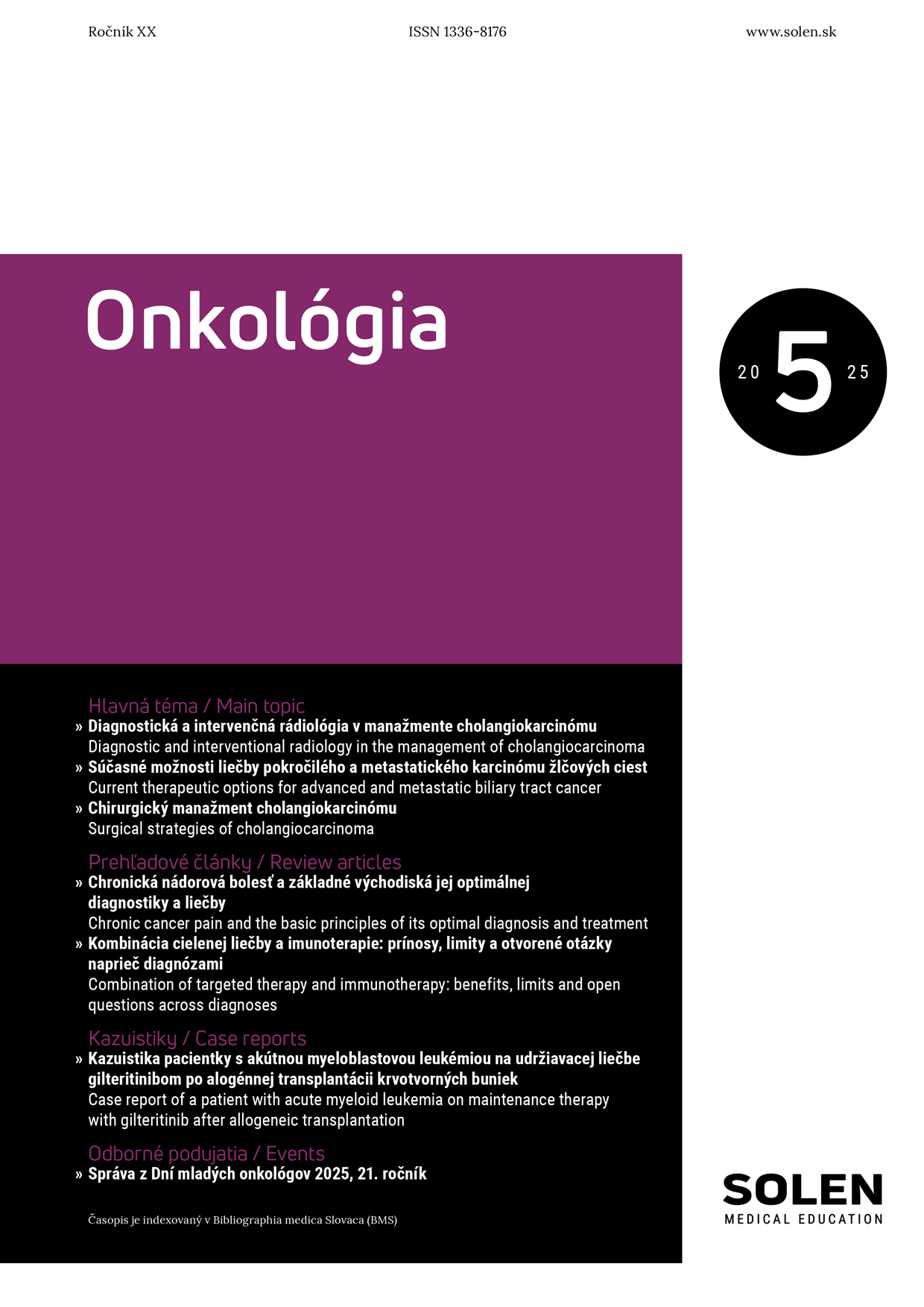Via practica 2/2022
Intervention for improving adherence to treatment in patients with high blood pressure
Arterial hypertension (AH) is one of the most severe, although a treatable risk factor of the blood circulatory system diseases (CSD). The prognosis of the disease is good and well-treated patients have almost the same life chances as healthy people without arterial hypertension, provided the patients manage to reach the target blood pressure (BP). Low degree of adherence to pharmacotherapy is stated to be the main reason of low control of blood pressure (BP). Adherence represents the scale in which the patient´s actions during the treatment process correspond with the practitioner´s instructions. It is an important factor in achieving effect of targeted therapy in chronic diseases. Adherence as well as persistence of the patient to the treatment is necessary for good control of BP which can be facilitated by the intervention in the form of education by competent health care professionals. In the article, the authors present a way how to motivate a patient with high BP to a desired change in behaviour – adherence to a treatment regimen including pharmacotherapy, and how to build a good therapeutic relationship between the health care workers and patients.
Keywords: adherence to treatment, arterial hypertension, education by nurse, nurse`s intervention, general practitioner

















